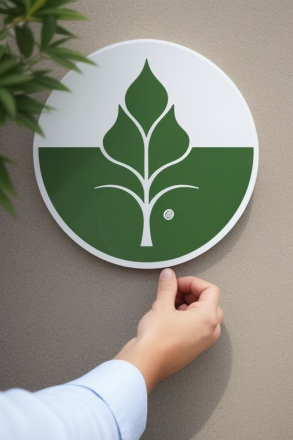Living anywhere while earning money can no longer be an exclusive lifestyle. Technology makes it possible for many to dream of living this lifestyle. Living anywhere while earning money sounds exciting when combined with being a remote worker. However, there is a significant challenge to manage finances across multiple countries in multiple currencies. How do you continue achieving financial freedom while being a digital nomad, therefore, navigate all the complexities that come with global living?
This article will take you through practical financial strategies, giving you tips on how to have work-life adventures while maintaining that golden ability to be completely financially stable. From budgeting to taxes, this is how you can thrive in this sense as a digital nomad.

What is Financial Freedom?
Now that we have set the basic definition, let's go into details. Financial freedom merely means that one generates enough income or has amassed enough assets to live comfortably without being a slave to the typical 9-to-5. For a digital nomad, that would mean having enough savings, passive income, or well-paid online jobs to sustain their global lifestyle.
The great thing about financial freedom is that it gives you the opportunity to live and work on your own terms. So, to get there, you should plan, especially if you are moving from one country to another repeatedly.
Building a Rock-Solid Financial Foundation
- Set Up a Nomad Budget: One of the foremost requirements that digital nomadism imposes in exchange for financial freedom is the proper planning and setup of a well-thought budget. Your expenses will differ from place to place you live; nevertheless, by preparing yourself in advance, you will always manage to be in control of your money. For example, Bangkok might be around $1,000, and London could reach levels of as high as $3,500 or more. Location-specific budgeting is so crucial with such wide variation. Use budgeting software such as YNAB (You Need A Budget) or Mint to track your expenses. Focus on the categories like housing, transport, food, healthcare and WiFi communication etc. Tracking these expenses avoids overspending and saves money for your goals.
- Emergency Savings for Digital Nomads: Being a digital nomad exposes one to risks ranging from the unexpected cancellation of travels to medical emergencies. An emergency fund is definitely wise. Financial planners commonly advise building savings equal to three to six months' worth of living expenses, but for a digital nomad, six months to a year is more sensible because of how spontaneous travel plans can be.
- Manage Multiple Income Streams: For many nomads, financial freedom stretches from merely cutting costs in living. It is about the sources of income. Several streams of income mean that a dried-up stream does not hurt the livelihood of the person as badly. Some usual ways for digital nomads to earn money include freelancing, writing or designing codes and remote work.
- Making Money from Passive Income: It includes such as investments, rental properties, or online businesses. One good starting point is investment in some dividend-yielding stocks. For instance, if you invest $10,000 in a fund that yields 5% of which you do nothing, then after one year that will earn you $500.

Managing Currency and Payments
- Reduce Currency Exchange Fees: Managing all those currencies will be a big financial concern for digital nomads. Being forced to exchange money on all occasions leads to huge losses due to unfavorable and costly exchange rates. Skip that with the help of services such as Wise (formerly TransferWise), offering you low fees and mid-market exchange rates.
- Friendly to Your Global Banking Account: Find a bank that has to work worldwide. People quite swear by Revolut or N26 to pay without fees when they are abroad and to get easy access to multiple currencies. Virtual cards also make for safe online shopping from anywhere in the world.
- Keep Track of International Taxes: Taxes are another big cause of confusion for digital nomads. Tax liabilities depend on the home country, citizenship and the amount of time spent in any country. For example, you will pay taxes on foreign-earned income regardless of where you live, but you may have the foreign earned income exclusion (FEIE), which could exclude as much as $120,000 (in 2024) of US taxation if you live and work abroad. Seek the services of a tax professional knowledgeable about international taxation to ensure your proper and prudent tax planning.
Investing for Long-Term Growth
As a digital nomad, you are planning to achieve financial freedom. Most of the planning means that investing for the future will also be part of your plan. You have now got the immediate rewards from traveling, yet you still have to think about long-term security, especially as you're not going to work forever.
- Retirement Accounts: Even abroad, don't forget to contribute to retirement accounts, like IRAs or 401(k)s, if they exist. If you're a freelancer or self-employed, research the Solo 401(k) or SEP IRA because these allow tax benefits with higher contribution levels than regular IRAs.
- Diversification Using ETFs and Index Funds: ETFs and index funds are extremely low-cost passive channels of wealth building with the general advantage of possessing less risk than investing directly in equities. For instance, investment in the S&P 500 ETF had an average annual return of approximately 10% over several decades and is a great option to rely on for long-term growth.
- Real Estate Investment: Real estate is another strong asset class with high opportunities for passive income. It especially holds true through renting properties, because one can own property in one country and generate income through guests with the help of platforms like Airbnb.
- Secure Your Future by Insurance: While abroad, advancing your long-held dreams, it is important to armor yourself with travel and health insurance. Most countries require evidence of health insurance when residing there for a period of time, hence with the insurance, you save yourself from huge medical bills should you fall in an urgent situation. You can choose options like World Nomads or SafetyWing which offer affordable travel and health insurance tailored to digital nomad needs.
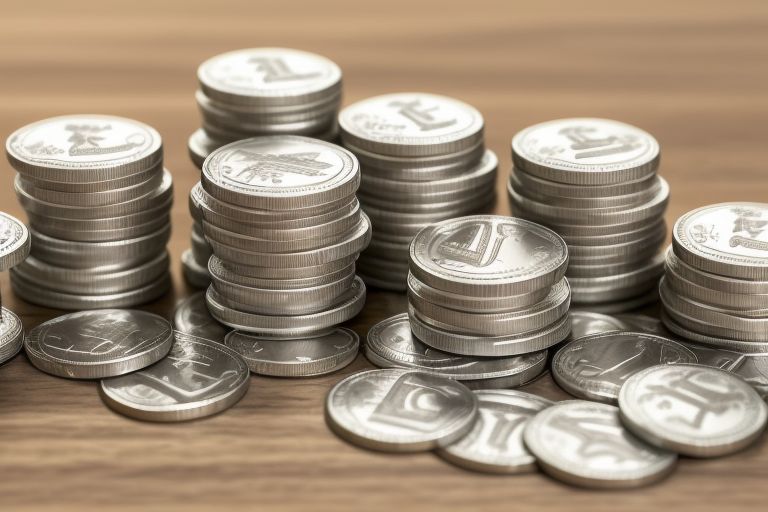
How to Attain Financial Freedom as a Digital Nomad
Being a digital nomad does not mean having a dream called financial freedom, but rather an attainable reality with the right approach, careful budgeting, diversification of income streams, effective currency exchange management, and investing in long-term growth. The important thing here is that building financial freedom is definitely a marathon and not a sprint. Stay disciplined, adapt as you are moving from place to place, and continue to learn smart financial strategies fitting your global lifestyle.

The Rise of Sustainable Finance: Principles, Trends, and Market Impact

Understanding the Role of Fiscal Policy in Economic Management
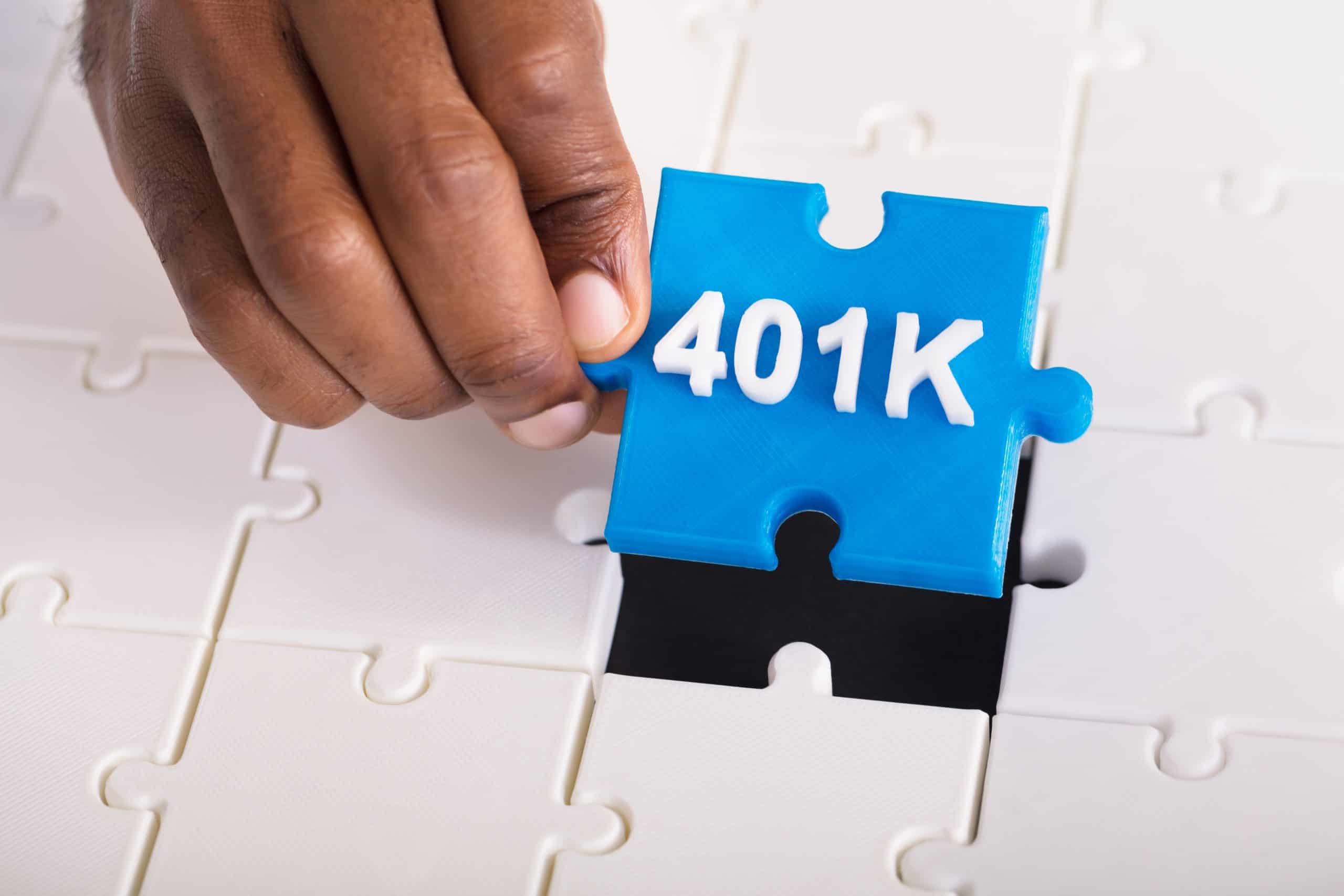
How to Maximize Your 401(k) Contributions

The Evolution of Mobile Payments: Navigating Through Trends and Future Prospects
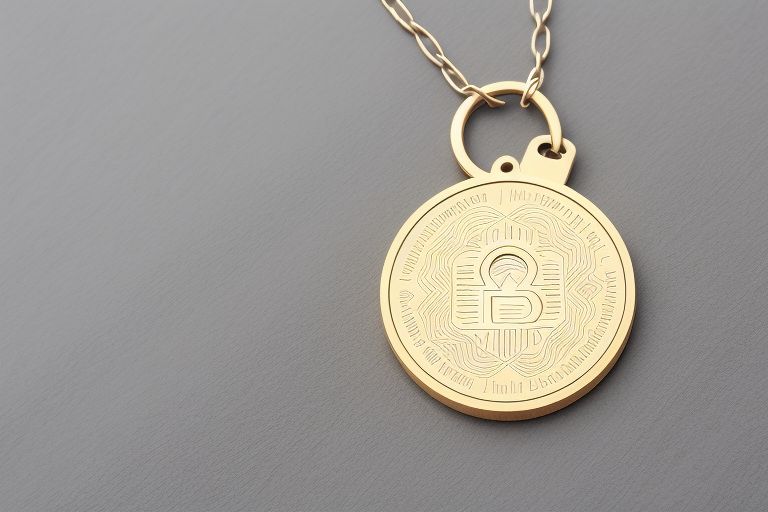
The Future of Investing: How Blockchain Is Redefining Asset Ownership
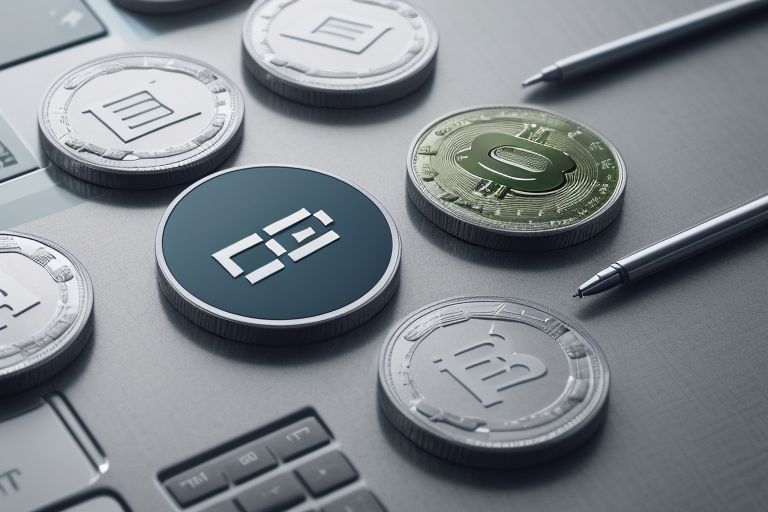
Decentralized Finance (DeFi): Is It the End of Traditional Banking?

The Role of Artificial Intelligence in Financial Trading
